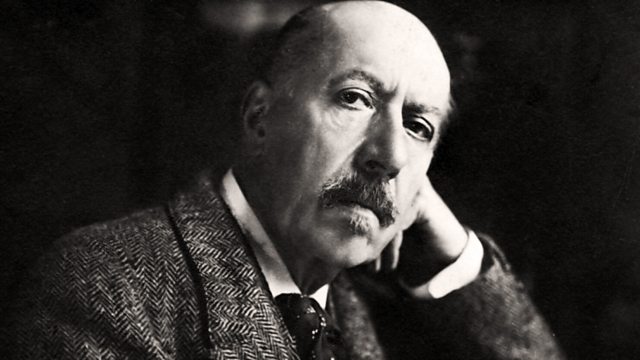
The 5 Best Compositions by Charles Widor
Charles-Marie Widor (1844–1937) is best known as a towering figure in French organ music. His contributions to organ composition helped shape the instrument’s role in[…]

Charles Widor – Biography and Life
Charles-Marie Jean Albert Widor was a renowned French composer, organist, and teacher, best remembered for his significant contributions to organ music. Born on February 21,[…]